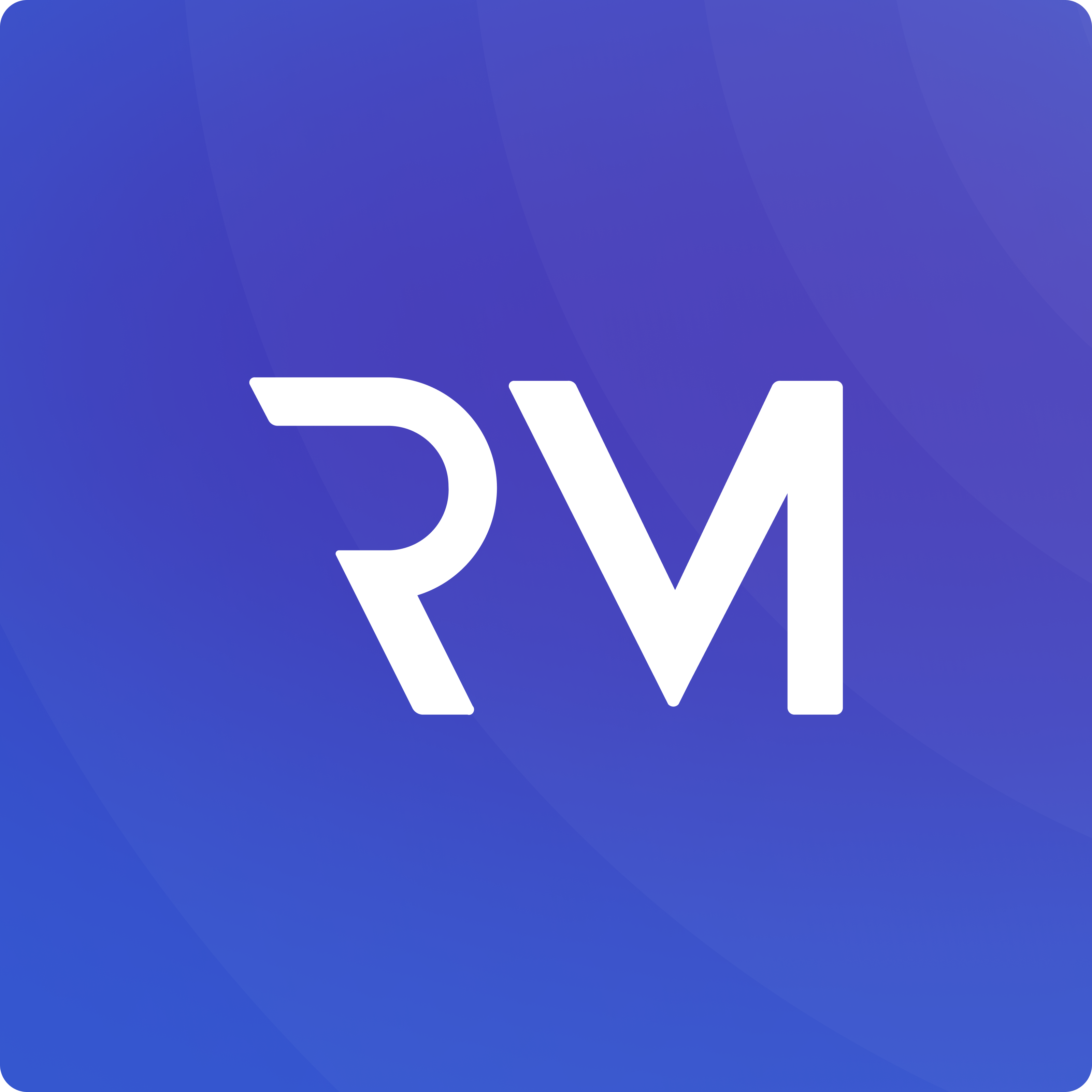Crafting a Gen Z Friendly Candidate Experience
In order to recruit top talent—and protect your brand—it’s critical that you invest in creating a positive candidate experience. It may not seem like the most important consideration in your recruitment process, but a negative candidate experience can lead to significant financial consequences. With today’s student job seekers expecting even more from companies in regards to communication and personalization, how can you ensure your process fits their needs?
We recently gathered university recruiting specialists for a Community Workshop to discuss this exact question. Here are the top takeaways from our conversation.
The Importance of Candidate Experience
Candidate experience can start well before someone actually applies to a role with your organization. To ensure your process is positive, it’s important to focus on four main areas.
Create Excitement
Candidates’ early interactions with your career website, job postings, events, and recruiters should make them excited about applying for a role with your company.
Help Candidates Evaluate Fit
A carefully designed process helps new grads and hiring managers evaluate fit for an opportunity.
Secure Top Gen Z Talent
Ensuring that candidates receive regular updates throughout the process and have clear timelines reduces the chance they’ll accept another offer first due to unknowns.
Create Long-term Brand Advocates
Even if candidates don’t get hired by your company, creating a respectful experience for them increases the chance they’ll leave with a positive brand perception and will refer your company to others.
Keys to Tailoring Your Candidate Experience to Gen Z Job Seekers
Data from a RippleMatch survey conducted in Spring 2021 provides useful insight into what Gen Z job seekers value during the hiring process. Perhaps the most important takeaway from the survey is that today’s students are expecting a high-touch, personalized recruitment experience. Over 80% of survey respondents said both that they expect timely follow-ups throughout the interview process, and that not hearing back after submitting an application contributes to a negative experience. As many as 62% of respondents also felt that a lack of information on what to expect in the interview process led to a negative experience. Conversely, 66% of respondents believe that personalized check-ins and follow-ups from recruitment teams contribute to a positive experience.
It’s critical that interview processes are thoughtfully designed to fit Gen Z’s expectations. From applications to interviews, students want to know where they stand in the hiring process, and they want constant feedback. That means recruitment teams must tackle personalized communication at scale. Students consider the interview process as their main way of determining whether or not they would be a good fit for the role, so it’s important that the process helps them truly picture themselves at your company.
Candidate Experience Begins With Recruitment Marketing
The first step in ensuring that candidates have a positive experience is to make sure your recruitment marketing efforts and materials paint a positive and accurate picture of your company and the role. A great place to start is to create candidate personas for each of your positions to ensure you’re targeting students who will both be interested and successful in the various roles you have available. These personas can help you build out your strategy for everything from your careers page to how you speak with different candidates throughout the process.
Once you’ve determined your personas, you can focus on developing your career website, LinkedIn page, and any social media accounts you use for recruitment purposes. These platforms are often the first places candidates will learn about your company or job opportunities, and it’s critical that they generate excitement and help students visualize themselves at your organization. It’s also important to write thorough, informative job descriptions that give a clear picture of the role. Misleading or unclear job descriptions can lead to unqualified candidates applying for positions, or even worse—they might prevent great candidates from applying in the first place.
Early Identification Programs Can Make a Big Impact
Identifying candidates early, sometimes even years before they’re eligible, can lead to both a better candidate experience and an opportunity to recruit more diverse talent. Early ID programs can help students learn about your company and opportunities years before they’re actively thinking about applying to internships or jobs, helping you stand out from the crowd when it’s time for them to evaluate potential roles. They’re also a great way to help underrepresented candidates gain useful skills that will prepare them to apply to and interview for jobs in the future.
Several campus recruiters in our workshop shared information on Early ID programs their companies offer. The most effective programs tend to include a mix of content dedicated to the company or role itself, industry information, and general career prep. Some companies host formal weeklong programs filled with workshops for students, even requiring students to apply to the program in order to identify the best-fit candidates, while others focus on a series of events or even ad-hoc webinars to identify and engage with students. Whether you choose to offer a full-fledged program or just host individual early ID events, it’s critical that you follow up with students afterwards. Plan to communicate with students via email regularly, sending them either additional career development tips or company news to keep them engaged. When they’re eligible to apply for a role, you’ll already have an open line of communication and will be able to invite them directly to apply. This high-touch engagement is sure to impress candidates and can help you stand out from companies with better name recognition or more established recruitment pipelines.
Ensure Your Interview Process Is Clear and Efficient
One common thread that was mentioned by almost everyone in our community workshop was that Gen Z candidates expect extensive communication throughout the process. It’s important to set expectations and help them prepare for interviews. A “What to Expect” section on your career website can go a long way, but it can also be helpful to send candidates who advance to interviews an email outlining the different steps of the process, who they’ll be meeting with, and some useful tips on how they can prepare.
Another key step is helping candidates feel comfortable during the interview process. This may be their first experience interviewing, and compassion can go a long way. Some companies hold prep events to give candidates a preview of what they’ll experience, even letting them practice answering questions they’ll actually have to answer during the interview itself. Others connect candidates with early career candidates to chat with during their interview process, helping them gain deeper insight into the role and get a feel for the company culture in a low-pressure situation. To really help students feel comfortable, some companies even host parties for candidates the night before interview events. This allows them to meet and connect with the hiring manager in a low-pressure, fun situation, which can help them relax when it comes time to actually interview. Ensuring that candidates feel prepared and comfortable throughout the process means they’ll be able to perform at their best during their interviews, enabling you to hire the best candidates, not just the best interviewees.
How to Reject Candidates—Positively
It’s a simple fact that you can’t hire everyone who applies to a position at your company. How do you reject a candidate while still ensuring that they view the experience positively? The top tip from recruiters is just to have empathy. As we know, 80% of students believe that not receiving any communication after applying leads to a poor experience, so it’s important to send an email to everyone who applies, even if they don’t get an interview. For those candidates, you can send a brief, automated email that thanks them for applying and encourages them to keep an eye on available positions in the future. Often, candidates may get rejected because they’re simply too inexperienced, so it’s important to keep the door open for them to apply once they better meet the qualifications for the role.
For candidates who have made it to the interview stage, more personalized communication is important. Email is appropriate for those in the early stages of interviewing, but many recruiters said they prefer to call candidates directly once they’ve met with the hiring manager. While some suggested giving advice to candidates on how they can improve for future interviews, others cautioned against the practice, as they have found that it encourages candidates to argue and try to plead their case as to why they actually are qualified for the role. If you’ve had open communication with the candidates throughout the process, you should likely be able to judge what their reaction will be, and whether or not it will be helpful to give feedback on why they were not chosen. Regardless of whether you’re letting the candidate know via email, phone, or in person, make sure you do so with grace and understanding, and they’ll likely continue to view your organization positively.
Keep Candidates Engaged After An Offer
With many months in between the time a candidate receives an offer and their start date, some companies unfortunately experience a number of re-negs from candidates who previously accepted an offer. It’s important to keep candidates informed and engaged in this in-between time. Within a few days of the candidate accepting their offer, the hiring manager should reach out directly to welcome them to the team and set expectations. Send regular emails after, keeping them informed of important company news and helping them get excited about the organization. You can also host office hours or events to help them get to know their future coworkers and learn about the company culture. Some companies also send cards and small gifts on their birthdays and holidays that fall in between the offer and start date. Whatever you choose to do, it’s critical that the candidate feels like they’re a part of the team from the moment they sign their offer, or you risk losing them.
Creating a Gen Z-friendly candidate experience doesn’t have to be complicated. The key is to make sure they feel informed and comfortable throughout the process. Set reasonable expectations and communicate frequently, and candidates will appreciate your efforts.
To keep candidates engaged from Early ID programs through offer and beyond, consider utilizing RippleMatch CRM. Learn how our Candidate Relationship Management tool can help you automatically track candidates, build diverse pipelines year-round, and keep candidates engaged.





